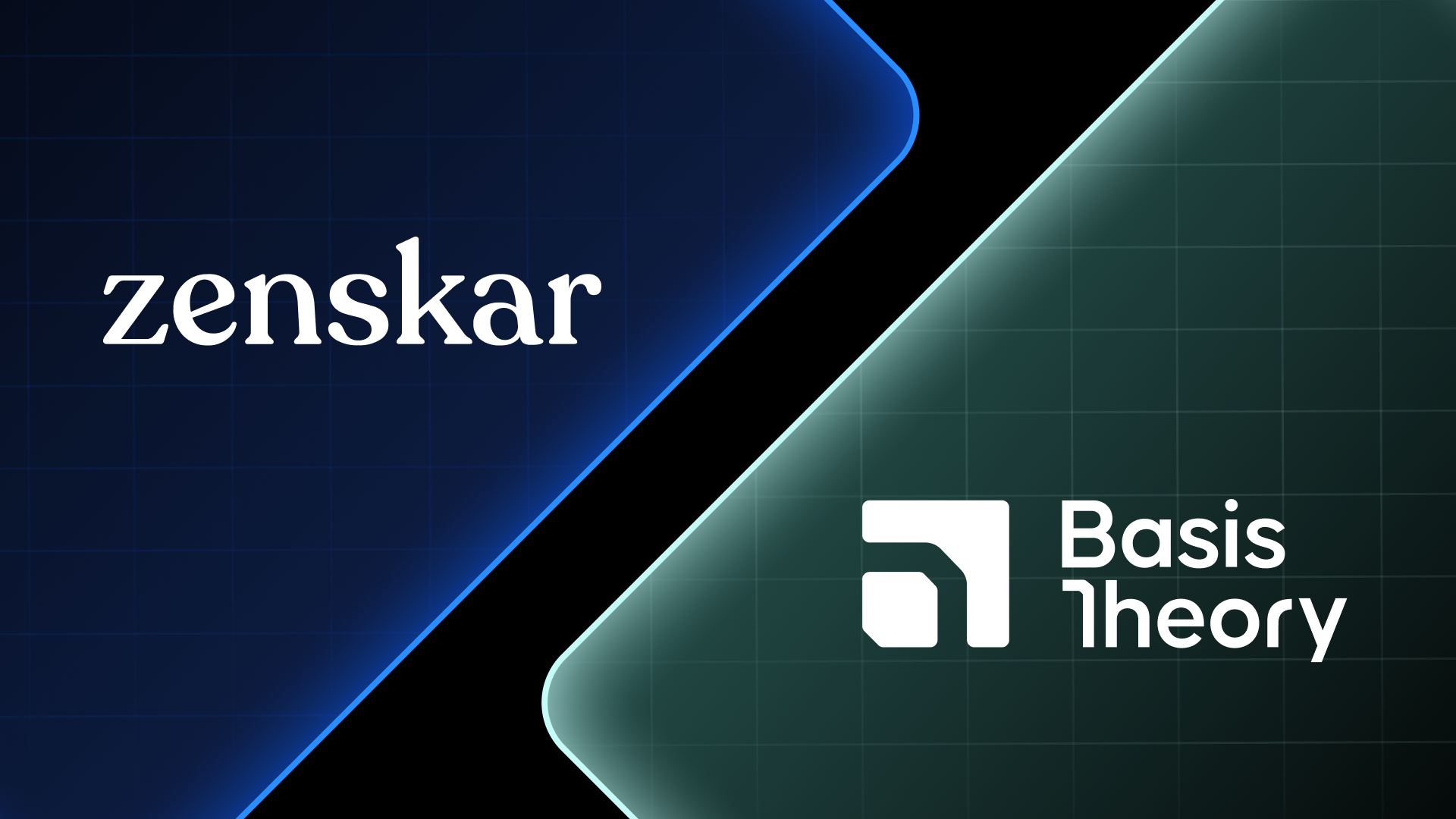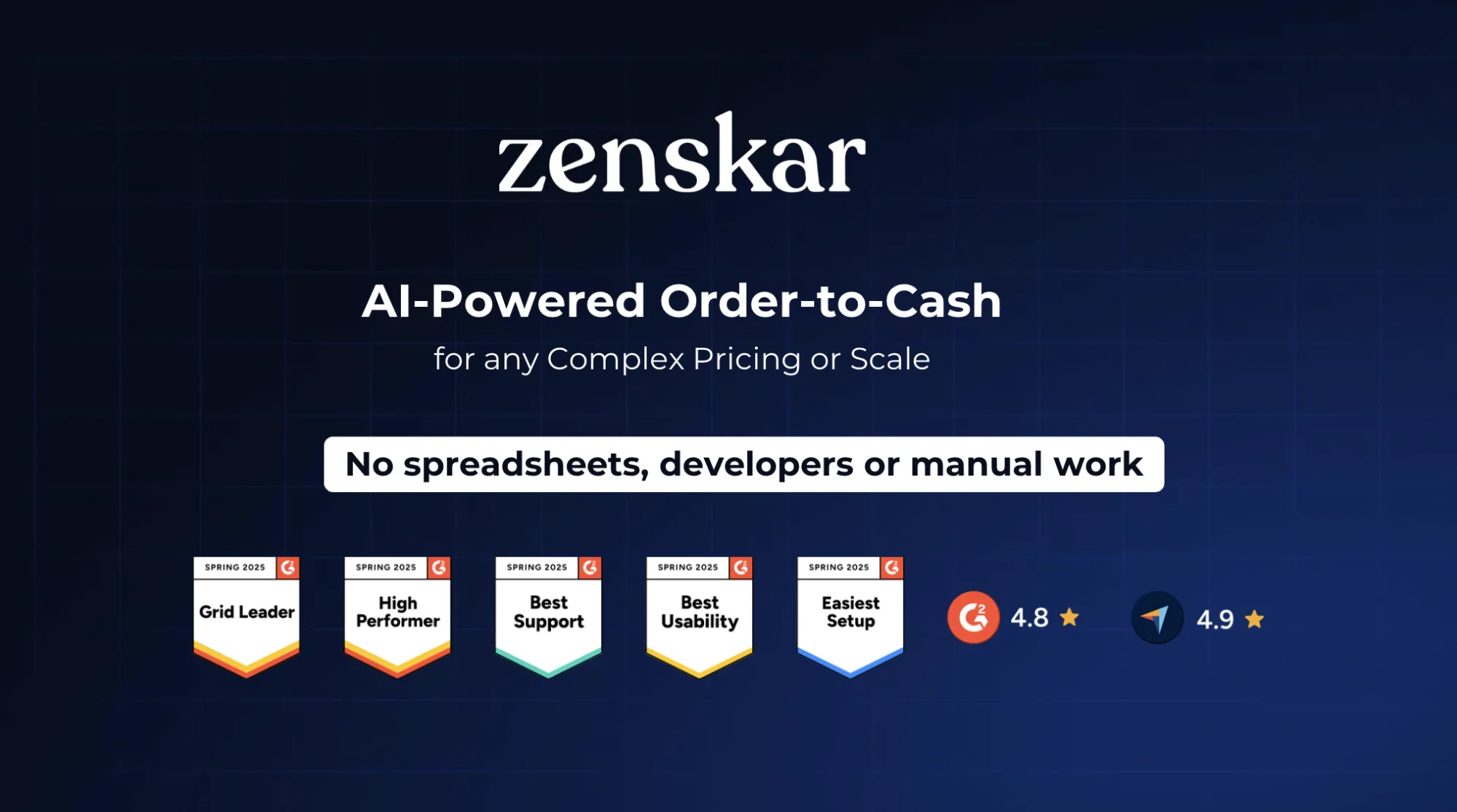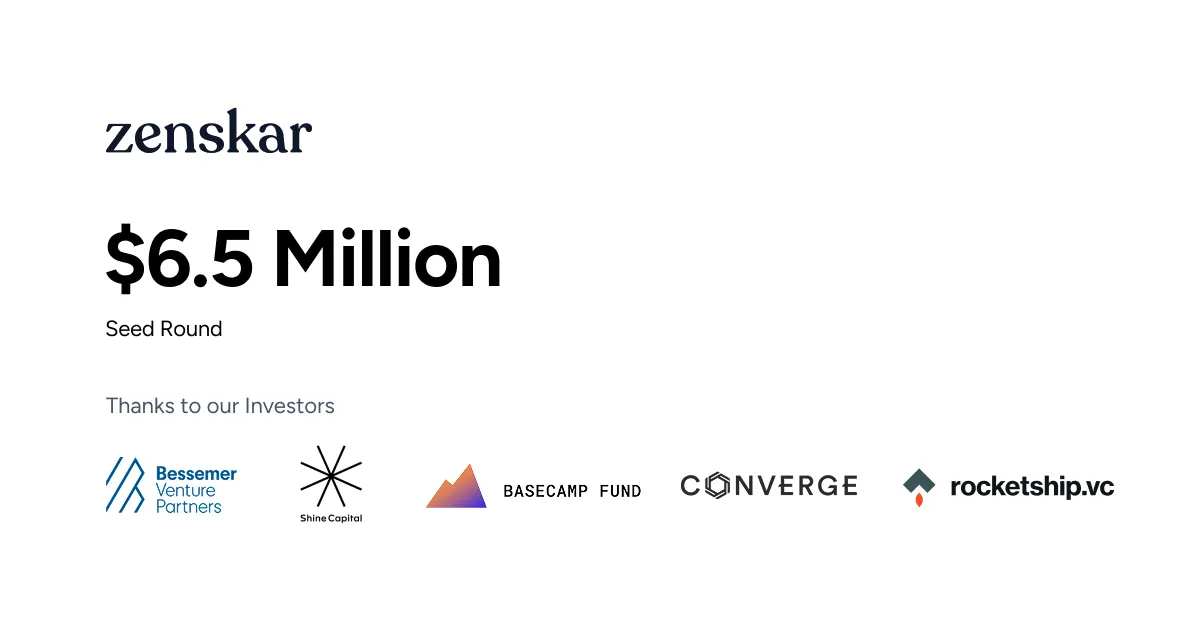How music and genome sequencing played small roles into envisioning Zenskar

Saurabh Agarwal is a serial entrepreneur.
A former happy-go-lucky, scrappy techie, he would remind you of a character from the popular show Silicon Valley, who would build things for fun, out of a bachelor pad in downtown San Francisco.
He had built his own electric guitar processor in one of his class projects during his undergrad. Being a bookmark junkie, Saurabh claims to have bookmarks of random articles and subjects, aged from 15 years ago, which he usually keeps very well organised. He had interests across programming, software architecture, design, electronics, finance, automation, investing and music.
But most of all, he was fascinated about building businesses.
In 2014, he teamed up with his friends from IIT Bombay to build BC Jukebox, a startup whose software allowed restaurants, bars and pubs to play custom curated music, manage multiple venues from the convenience of their browser and visitors to these venues could request songs from the convenience of a smartphone.
This team bonded over cups of Chai, and wondered why the music scene was very contrasting to the original theme of most restaurants and pubs. There was no research involved whatsoever, in what they wanted to build. Their only mutual interest was that they were interested in building something between music and technology. This company was sold to Gaana.com in 2018, India’s equivalent to Spotify at the time. By exit, the startup had about 1000 paying customers, a team of 35 and a presence in 25 cities.
But however, what’s interesting is that — a little something that he casually envisioned in 2016 at BC Jukebox, has now paved the path towards the final product suite of today at Zenskar.
The scrappy billing system
The young founders at BC Jukebox only wanted to do something fun, self-sustaining at a relatively smaller scale. Of course, the company also ended up having decent cash-flows by the time it exited.
But a major lesson Saurabh had learnt from being a first-time founder here, was the value of a large enough target addressable market. He recalls that the startup had eventually reached a stage where they ran out of enterprise customers to sell to, in India, at the price they were selling at. Speaking of prices and sales, Saurabh humours how there was once a time in India when there was barely any credit card usage.
If you were to collect payments from enterprise customers, bank cheques were preferred. This culture would come along with its own set of constraints — constant follow-ups with customers to collect payments. The team at BC Jukebox had no other choice but to follow through with this culture anyway. This was one of the earliest seeds planted in Saurabh’s mind about the enterprise SaaS industry.
At BC Jukebox, the team sent quotes and invoices manually until an in-house system was set up to automate them. They built an interface for a staff member to upload bank statements, and to be able to reconcile those payments against invoices to evaluate which payments were pending.
“It was all very simplistic — an invoicing system, a quoting system for estimates and so on. We kept building stuff only until we stumbled upon the next bigger problem. Eventually, it led us to build an end-to-end quote-to-cash suite, entirely in-house, although we were a business with simple subscriptions.”
In this process, Saurabh did an unhealthy amount of geeking over building a fully self-sustainable, automated billing system, even though there was no necessity for it.
At this point, he would start reading plenty of engineering blogs around how tech companies solved these kinds of problems, and a lot of large companies spoke of these subjects at various flagship conferences and events.
He had gone really deep, until he wanted to build a real-time accounting system. While going down this rabbit hole, Saurabh saw the pros and cons of various systems, and formed his own peculiar view on what an ideal billing system should look like from a builder’s perspective, and how it should feel like from a user’s and a customer’s perspective.
So much so that Apurv Bansal, the Cofounder and CEO of Zenskar, and Saurabh also never imagined building a holistic billing solution in the first place at Zenskar, which led to exploring 7 different ideas before the final product.
He had assumed that there was some billing solution out there that would match this strong and peculiar opinion.
But reality was far from it. He believes the ideas he had in mind way back in 2016, about this vision of how an ideal billing system should look like, are still better than the solutions that exist in the market today.
“We didn't even know that this was the state of affairs in today's landscape of billing automation. Something I was casually trying to envision in 2016 still doesnt’ exist today.”
From music to genome sequencing
After BC Jukebox was sold and before he started Zenskar with Apurv, Saurabh worked as VP Product at New York-based genome sequencing data analytics company — Basepair.

This company had a credits-based pricing model. The products were priced in credits, and the customers were billed for credits, in dollars. But these credits were priced in tiers, which made it difficult to use an external billing system to get it really right. For the same reason, the team built an in-house billing system and also used QuickBooks. But more importantly, the company used QuickBooks for anything and everything that QuickBooks would offer — including invoicing, and also as far as using their native payment gateway.
Basepair had a fragmented script to generate invoices within QuickBooks. But the problem was only the founder knew the intricacies of this script and nobody else in the team knew how it worked and what it was supposed to do.
The contracts and the pricing were stored within the product, invoices were computed within the script, all the line items were transferred over to QuickBooks. From this point onwards, all things financial operations were on QuickBooks. But the core billing automation logic was in the script, which was untouched. It became a challenge to draft different pricing terms to different customers every single time.
At one point, after Saurabh joined, he saw that the revenue was a total zero for the previous six months. The founder said the script had been failing for some reason for the past 6 months and he never got around to fixing it.
With the core billing automation functionality residing within this script, Saurabh got the team together to overhaul the pricing part of this product, to have better functionality. Now suddenly, it was not so hard to offer different pricing terms to different customers.
Saurabh eventually coded his way into designing and building the frontend part of the quoting interface at Basepair. However, the larger goal was never to build a full blown invoicing or billing system, but only to invoice customers on time.
“My experience with Basepair’s billing system specifically taught me two simple things — One was that there were really simple cases that no other tool could create invoices for, out of the box. They needed custom software to be built on top of third-party billing systems to be able to send invoices to customers. Even then, these solutions wouldn’t be clean, and would only be ‘hacky’ ways to get things to a ‘good enough’ state.
Second — automating billing for a single company is difficult, but creating a generic automated billing system for all kinds of companies is many levels harder in magnitude. But it is very much possible.”
With the little hacks he was able to build at both BC Jukebox and Basepair, Saurabh also got his hands dirty enough in the whole madness of billing tools and wanting to automate them. BC Jukebox planted the seed, and Basepair added on to his conviction, to a sizable extent - much like how consistent experimentation helps businesses in other industries gain restaurant success through innovation and efficiency.
With that, Saurabh left Basepair and started tinkering with what to do next. He was establishing his hard boundaries on starting up only in the B2B Software-as-a-Service (SaaS) industry. Which was when he met Apurv Bansal, who also had the exact same boundaries in his next career move.
Today, Saurabh is the Cofounder and Chief Product and Technology Officer of Zenskar, which came into existence after more than 550 conversations with potential customers and experts in the finance industry. There were 7 different ideas before we decided to go live with the entire product suite that we have today, and more offerings that we are soon going to launch.
And that — calls for another story, on another day, coming out very soon.
Switch to zero-touch FinOps with Zenskar
Vertice closed books 70% faster with Zenskar
We launched our product 4 months faster by switching to Zenskar instead of building an in-house billing and RevRec system.

























